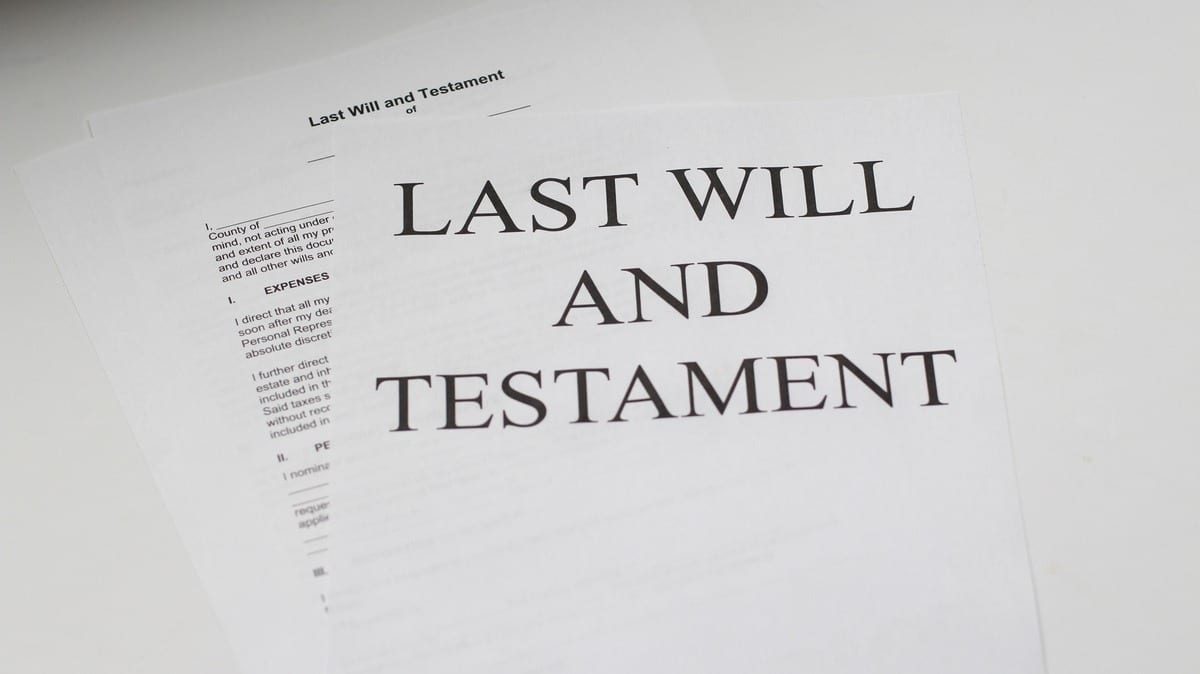Probate, or the dividing up of an estate, can be a complex and lengthy process. Fortunately, the probate lawyers of Hudson, Reed & Christiansen can guide you through it. Read on to learn what probate entails, what options are available, and the benefits of having a probate attorney in Murfreesboro, Tennessee.
What is Probate?
In its simplest terms, probate is the legal process that takes place after a person dies. It involves validating and administrating the decedent’s will (if applicable) and distributing the assets of the decedent’s estate to their chosen beneficiaries.
Probate Under Tennessee Law
Required for the distribution of probate assets in Tennessee, the probate process can take six months or more to complete, particularly in cases involving debts/creditors, numerous beneficiaries, beneficiaries who are minors, real property, disagreements among heirs, foreign assets, etc.
In Tennessee, only those assets held solely in the decedent’s name must go through the probate process. (These assets include 401k accounts, investment accounts, and insurance policies that do not have named beneficiaries.) Assets that are not considered part of the probate estate include:
- Properties held with a right to survivorship, like joint bank accounts or jointly held real estate assets. In most cases, the surviving owner receives these assets.
- Assets that have been designated transferable on death or payable on death to a named beneficiary.
- Life insurance policies with a designated beneficiary.
Probate With a Will
One of the benefits of a will is that it names the beneficiaries as well as the “executor” or “personal representative” (a person appointed to distribute the decedent’s property). Under certain circumstances, a will can also be used to explicitly exclude potential beneficiaries. In cases where the decedent was committed to estate planning and died leaving a will or living trust, also known as dying “testate,” the probate process begins by the executor filing a Petition for Probate along with the original will in chancery court (some Tennessee counties, including Rutherford County, also have a special probate court separate from chancery court). If the will is not self-proving, meaning the witnesses did not sign an affidavit at the time the will was signed, it will need to be “proven” by affidavit or testimony of one of the original witnesses.
Once the court admits the will to probate and issues “letters testamentary” (the document allowing the executor to make transactions on behalf of the estate), the next step is for the executor to locate and assess all assets and debts for their total value. The executor also must send a formal notice to all known creditors of the estate and publish a notice in the local paper to alert any other potential creditors. In Tennessee, creditors have one year from the date of death to make claims against the estate or four months from the clerk’s first published creditor notice, whichever comes earlier. This is commonly called the “creditor period”.
Once the creditor period is complete and all taxes and other outstanding debts are paid, the remaining value of the estate is distributed to the designated beneficiaries, as dictated by the will.
After everything is distributed, the executor has to close the probate case by filing several documents, including Bureau of TennCare documents, estate accounting documents, and court orders. Our attorneys can help draft and submit these documents to the Probate Court.
Probate Without a Will
The legal term “dying intestate” is used to describe probate cases where the decedent did not leave a will. The probate process for a decedent without a will follows the same basic procedure outlined above but also has some extra steps. Because there is no legal documentation of the decedent’s wishes, the court must determine the “administrator” of the estate (similar to an executor) and the beneficiaries. This process can take up to one year, provided the estate is not contested. In cases where the estate is contested, it can take longer.
Tennessee has intestate succession laws in place to decide where the decedent’s assets should go.
Generally, there are three basic potential scenarios for what could happen under Tennessee’s intestate succession laws. They are:
- If there is a surviving spouse but no children, the spouse will inherit the entire probate estate.
- If there are children but no surviving spouse, the children will equally inherit the entire probate estate.
- If there is a surviving spouse and children, the spouse receives either one-third of the estate or a child’s equal share of the probate estate — whichever is the greater of the two. The children then equally inherit the remaining balance of the estate.
There are also Tennessee intestate succession laws for if a person dies with no surviving spouse or children.
For modest, uncomplicated estates that do not involve real estate and are worth less than $50,000.00, Tennessee has a shorter, simplified probate procedure called a “small estate.” After 45 days have passed since the decedent’s death, a person named as executor in the decedent’s will (or an heir-at-law if the decedent died intestate) can file a “small estate affidavit” with the court, and the court will issue a “limited letter of authority” to distribute the assets.
Consult with Probate Lawyers in Murfreesboro, TN
Whether your loved one had a will or died intestate, the attorneys of Hudson, Reed & Christiansen PLLC can offer guidance during this difficult time to ensure the transfer of assets is fair and straightforward and that your loved one’s wishes are being followed. Contact us online today or call 615-893-5522 to secure one of our experienced probate attorneys in Murfreesboro, TN.


